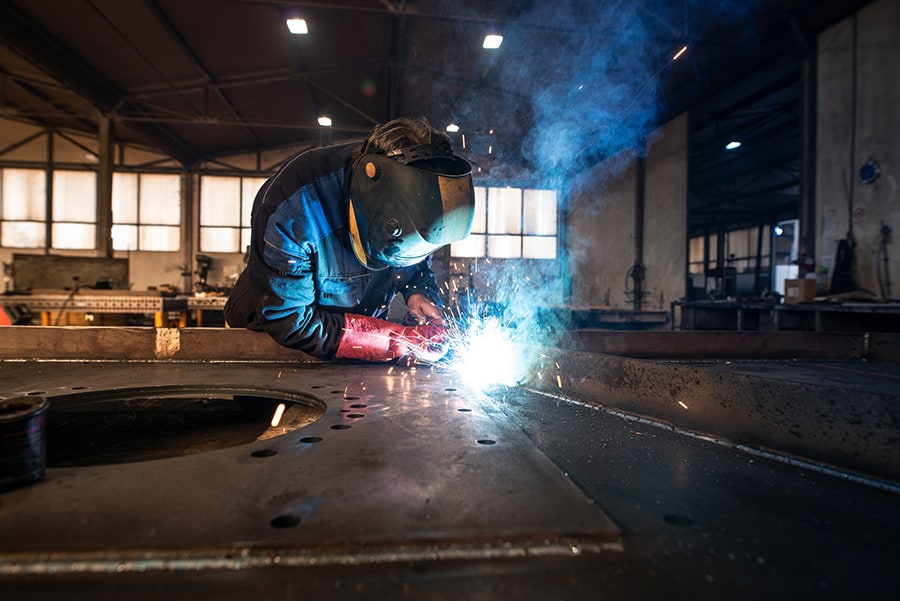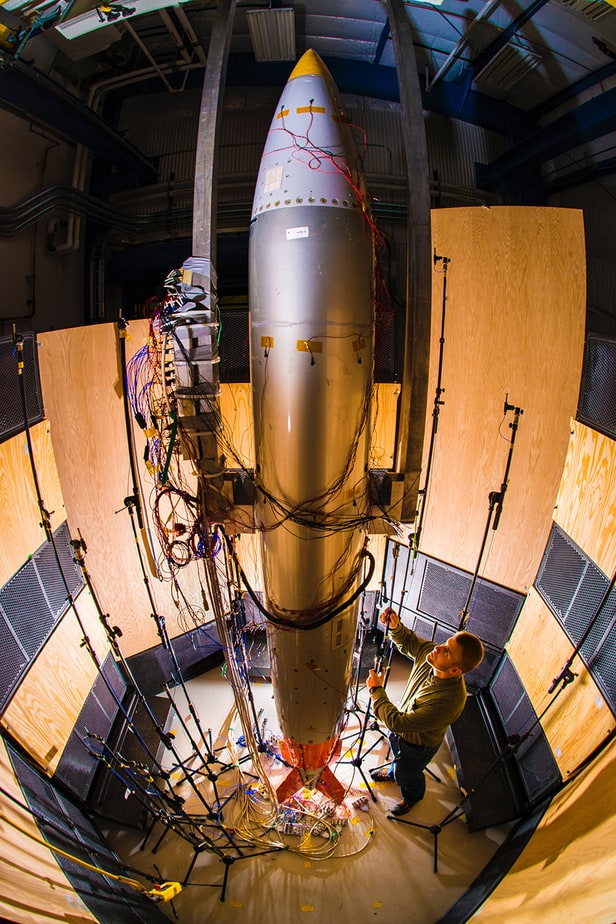Do engineers build things? Well, not all of them physically build stuff, but those who do tend to be fantastic designers.
Let me give you the lowdown on six things that’ll help you grasp why building stuff matters for engineers.
#1 Embracing curiosity from childhood
Loads of engineers I’ve met dove into engineering thanks to an insatiable curiosity about how things tick. From a tender age, they’d dismantle gadgets to see what’s inside, then either piece them back together or make them do something entirely unexpected.
I can still picture myself taking apart radios, dying to know how they could produce sound. Spoiler alert: I didn’t find tiny people with microphones inside. Instead, I did my homework and learned about all those intriguing components I had stumbled upon.
No shocker here, but constructing things is a telltale sign of a budding engineer. It’s like when a super-curious kid dissects critters in science class, and later turns out to be an incredible surgeon.
#2 Specializing in engineering

Most product designs call for a team of specialized engineers. Then add in the complexity of the products, and engineers can’t really be hands-on builders anymore. That’s where computers, machines, and highly skilled technicians step in, while engineers oversee the process.
For instance, loads of electrical engineers can whip up a basic circuit. But no single electrical engineer can put together a smartphone. There just aren’t enough hours in the day to learn every specialized skill.
Besides, the intricate assembly work demands precision robotics and mastery of countless tools. Technicians spend ages perfecting their craft for this very reason.
#3 Working in the real world

Truth is, most jobs don’t let you build stuff, particularly in classic engineering fields like civil, structural, and power.
But if you’re lucky enough to land a gig that lets you flex your building muscles, seize the opportunity! Just like with design work though, you’ll need to sharpen the right skills and snag the necessary credentials. After all, liability matters.
Honestly, I wouldn’t trust most engineers to build the bridges we drive on. They generally lack the experience and skills, not to mention they’re not exactly cut out for such hands-on work.
Engineers who stay connected to construction and manufacturing
Even if you’re not directly building things, you can still be involved in construction and manufacturing. I make it a point to swing by construction sites to check on my designs and sometimes drop by factories to watch my specified equipment being made.
These roles might not be hands-on, but don’t be fooled—the work can be intense. You may find yourself solving problems on the fly in high-pressure situations. The knowledge and insights you’ll gain can be priceless and seriously enhance your design prowess.
#4 Your best bet for hands-on engineering work

If you’re itching to both design and build, consider starting your own business. You’ll get the chance to create prototypes of your own designs to prove a concept. Of course, it all depends on the industry you choose.
Think Nikola Tesla, that genius engineer, who built amazing stuff like:
- Tesla coil
- Magnifying transmitters
- Radios
- Motors
Now, if starting a business isn’t your cup of tea, find a job that lets you work with your hands. In fields like robotics, you can design and build all day long. Look into places like Boston Dynamics, where hands-on work is essential.
The bottom line is, some types of engineers focus more on building than others. By aiming for positions like these, you’ll boost your chances of hands-on action:
- Application engineer
- Manufacturing engineer
- R&D engineers
And don’t forget academia, where you can build all sorts of cool devices and systems.
#5 Make it your hobby to build things
Can’t land a job building things? No worries! Unleash your inner builder during your free time. Transform your passion for creating into a thrilling hobby – who knows, it might even evolve into a booming business! At the very least, you’ll sharpen your engineering skills.
From crafting rockets to assembling robots, find your niche and dive in – just remember to stay safe. Alternatively, tackle your own home repairs. You’ll pick up valuable trade skills that complement your engineering prowess, all while saving some money.
#6 Balancing theory and hands-on experience
As a budding engineer, I was convinced that mastering theories and equations would catapult me to success. Boy, was I mistaken.
No, I didn’t construct full-scale power transformers or generators, but I did engage in activities that honed my engineering abilities:
- Examining energized and de-energized equipment in the field
- Observing how various engineering designs interconnected
- Monitoring project designs during the construction phase
- Visiting factories to learn about equipment manufacturing processes
- Studying equipment cut-sheets for a deeper grasp of equipment operations
It’s these real-world encounters, that textbooks simply can’t offer, which can truly unleash your inner engineering genius and maybe even transform you into a 10x engineer! But to make that happen, you’ve got to dive headfirst into the world of tangible designs.
This hands-on experience allows you to spot the difference between good and bad design. Sure, every blueprint looks fantastic on paper, but real-world constraints like costs and practicality matter too. Can’t build? Go watch and learn!
Think of it like coaching a sports team. Great coaches have either played the game themselves or been intimately involved with it. Relying solely on books leaves you with glaring gaps in knowledge.
“Do engineers building things?” wrap up
Iron Man, with his mastery of both design and manufacturing, is pure fiction. After all, these are two distinct skill sets. I’ve even met engineers who struggle to change a lightbulb!
So, while most engineers don’t construct things in their day jobs, many tinker in their spare time. If you’re eager to excel as an engineer, I wholeheartedly recommend rolling up your sleeves and getting hands-on.
Merely drawing lines on a screen or crunching complex calculations isn’t enough. You’ll miss out on priceless real-world insights. It’s like dreaming of being a master chef without ever stepping foot in a kitchen. So, embrace hands-on experiences and unleash your full potential!
What are your thoughts on engineers learning to build things? How do you perceive the relationship between designing and building?
